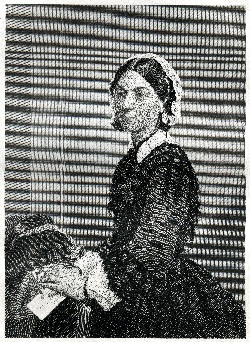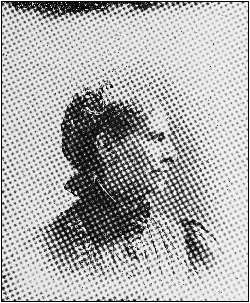On March 25, 1982, President Ronald Regan instituted the first “National Recognition Day for Nurses to be May 6, 1982. Two years later in 1990, the American Nursing Association (ANA) Board of Directors expanded the celebration to May 6 – 12, and declared it National Nurses Week. Ever since then, Nurses Week has recognized nurses and their contribution to the healthcare offices where they serve.
The history of nurses week extends further back than the 80s. This blog highlights the history of where Nurses Day and Nurses Week got their start, along with some of the nursing pioneers who brought us to the concept of modern nursing.
The Beginnings of Nurses Week
Nurses Week had its beginnings all the way back in 1953. Dorothy Sutherland of the U.S. Department of Health, Education, and Welfare sent a proposal to President Eisenhower to proclaim a “Nurse Day” for October in the next year, but this proclamation was never made. Various attempts were made in the intervening years, but the day of recognition didn’t come until 1982.
Despite not having any national recognition until that time, various celebrations were still organized. One of these days, May 12, was recognized as International Nurses Day by the International Council of Nurses (ICN) in 1974. This day was chosen as it was the birthday of Florence Nightingale, considered to be the founder of modern nursing.
Florence Nightingale
 Florence Nightingale revolutionized the concept of modern nursing and was one of the first nursing pioneers. Before her efforts, much of nursing was done by various government sponsored groups or religious orders. During the Crimean War from 1853 – 1856, Florence arrived at a British military barracks and was shocked to discover the conditions the soldiers were kept in. Many of the wounded soldiers were not kept in sanitary conditions, the medical staff was overworked, and there wasn’t enough medicine to go around. The death rate among the wounded was largely in part to illnesses rather than their injuries.
Florence Nightingale revolutionized the concept of modern nursing and was one of the first nursing pioneers. Before her efforts, much of nursing was done by various government sponsored groups or religious orders. During the Crimean War from 1853 – 1856, Florence arrived at a British military barracks and was shocked to discover the conditions the soldiers were kept in. Many of the wounded soldiers were not kept in sanitary conditions, the medical staff was overworked, and there wasn’t enough medicine to go around. The death rate among the wounded was largely in part to illnesses rather than their injuries.
She worked to gather data and championed for more sanitary conditions not just in the military, but in private homes as well. Florence’s use of statistics was revolutionary for the time and the data she gathered was formed into easy to understand reports.
Florence began her own nursing school in 1860, the first secular nursing school in the world, and her legacy extends even further into the Nightingale Pledge, an oath to serve in the best possible capacity, similar to the Hippocratic Oath that physicians take.
Florence Nightingale was known as the Lady with the Lamp, serving wounded soldiers even in the dead of night. Her light is carried on by nurses today.
 Clara Barton
Clara Barton
Across the Atlantic, another important figure of modern nursing was about to emerge. Born Clarissa Harlow Barton, Clara Barton is the founder of the American Red Cross. Clara’s skills were all self-taught, as nursing wasn’t yet the profession we know it today.
She first worked to gather and distribute supplies during the Civil War before volunteering her skills as a nurse to help tend to the wounded on both sides. In 1864, she was appointed as the “lady in charge” of the hospitals for the Army of the James. It was here she gained her nickname as the “Florence Nightingale of America.”
After the Civil War, she ran the Office of Missing Soldiers to help bring closure to the many families still waiting for news of their loved ones. In the beginning of the Franco-Prussian War in 1870, she assisted in the preparation of military hospitals. When she returned to the United States, she began a movement to recognize the International Committee of the Red Cross (ICRC) by the United States government.
Clara managed to create the American Red Cross in 1881 and became its first president. Ever since then, the American Red Cross has been able to mobilize and help victims of all sorts of natural disasters and crises.
Nursing Today
Nursing today is a much more refined process than it was in Florence Nightingale's time or Clara Barton’s. Nowadays, there’s a great deal of knowledge available along with learning from nurses who have real-world experience. We celebrate the nurses of the past for paving the way, the nurses of the present for their incredible efforts, and the nurses of the future who seek to provide care.
If you’re interested in joining the nursing field, South University has many nursing degree programs to help you get started.




